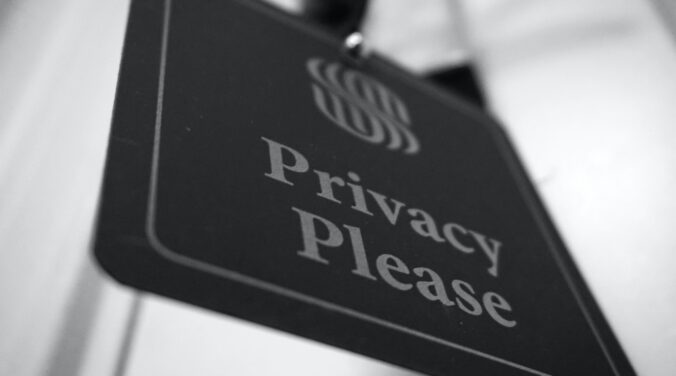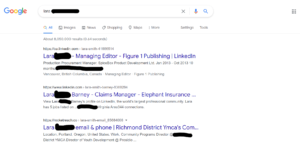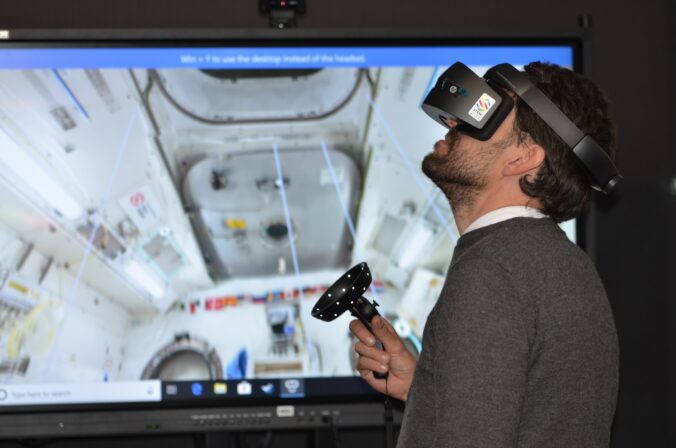Photo by Jason Dent on Unsplash
This week, we had Jesse Miller come to our class and talk to us about internet safety, especially in an employer or an employee’s eyes. When I was younger, I saw the repercussions of joining the digital space too early, when many of my friends had Facebook or Instagram in elementary school. Of course, I too eventually downloaded the apps and joined the social space, but I wish I had waited for a bit before joining. When you are that young (I joined Instagram in grade eight), you do not realize the repercussions of what you are posting. Although I never posted anything too scandalous, I followed many people from my school that have now ended up deleting their posts from when they were younger. I’m sure schools are more protective of students now and ensure to teach them the proper precautions before posting on the internet; most students are too young to understand why posting something might not be the best choice.
Although there is the opposite, the use of technology and the internet in the classroom can allow the classroom to flourish. When I was in school, students would often forget to do homework since they would not write it down in their planner. However, now students can connect with their class through websites such as Google Classrooms and Edmodo. Teachers are also able to keep parents in the loop since they can connect to the websites and check their child’s progress.
While the internet is a great new resource, it is also important for teachers to know the upheld privacy restrictions in their schools. For example, when I was in my Wednesday Visits last semester, a student whose parents decided not to have their student online. This became a problem when the annual Winter concert came around, and the music teacher was going to film the students for the parents to watch. In the end, the best solution for this problem was to have her sit out of the concert and help the teacher decorate the classroom with their art. This was really significant to me during my Wednesday visit since it outlined how important privacy is with technology. I will make sure to look out for these challenges when I become a teacher!
In the end, I am glad Jesse Miller came into our class to talk. I appreciated the reminder on internet safety, not only for me as a future teacher but now as well.



